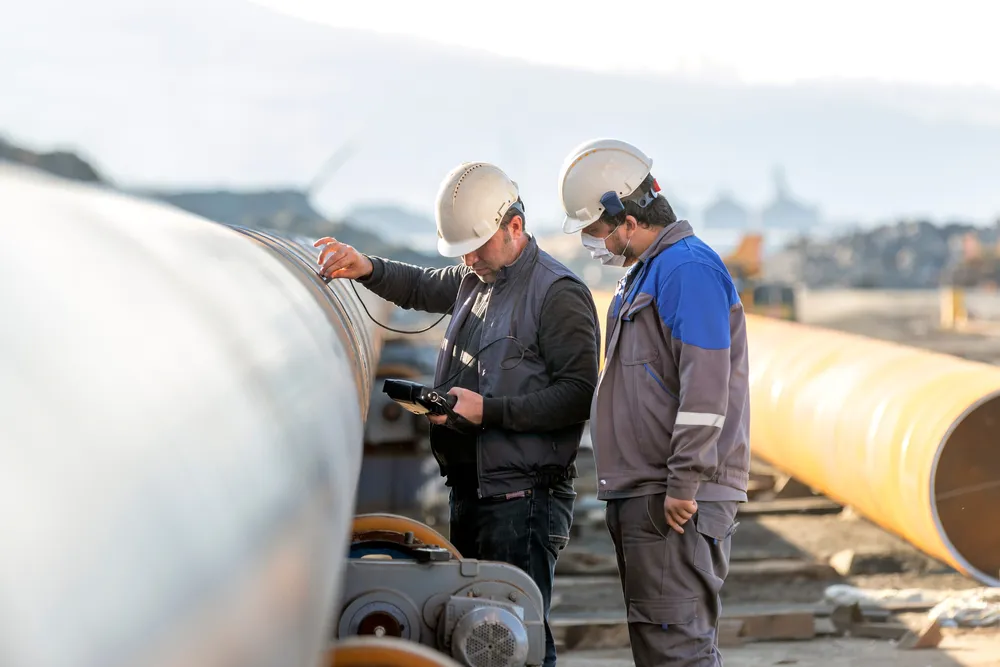Basics of Process Technology Course
Introduction:
Process engineering is a pivotal discipline in industries such as chemical, oil, gas, and petrochemical sectors. To excel in this field, a comprehensive understanding of process technology, mechanical engineering, electrical engineering, and instrumentation engineering is crucial.
Process engineers are essential for managing the movement and transformation of materials, including solids, liquids, and gases. They specialize in separation processes like distillation, heat transfer, hydraulics and fluid flow, and reaction engineering, as well as process control and economics.
A degree in process technology significantly enhances career prospects in these industries, preparing graduates for a challenging and rewarding career focused on the technical aspects of industrial operations.
Objectives:
By the end of this Basics of Process Technology program, participants will be able to:
- Understand the basic principles of process technology applicable in processing facilities.
- Use process management technologies and fluid flow dynamics in implementing processes.
- Learn from past safety incidents in the oil and gas industry.
- Perform calculations and analyses for processing technologies, including operation, sizing, and troubleshooting.
- Appreciate the interaction of different engineering disciplines within process technology programs.
Training Methodology:
- Lectures
- Case study applications
- Group activity
- Workshops
- Simulations
- Field trips
- Exercises
- Guest Lecturers
Course Outline:
Unit 1: Introduction and Fundamentals of Process Engineering
- Basics of process engineering and underlying technology.
- Mass and energy balances and their significance.
- Batch processes vs. continuous processes.
- Reaction vessels and their uses.
- Process equipment and flow diagrams (P&ID).
- Flammability of materials and equipment.
- Classification of electrical zones.
- Risk assessment and hazard studies.
- Hydraulics and fluid phenomena.
- Bernoulli’s theorem and practical applications.
- Liquid flow behavior and Reynolds number.
- Two-phase and multi-phase flow.
- Enthalpy in thermodynamic transformations.
- Pressure relief devices and design principles.
- Mechanical equipment types and applications.
Unit 2: Heat Transfer and Reaction Engineering
- Basics of heat transfer.
- Thermal conductivity and the processes of conduction and convection.
- Impact of insulation and heat transfer coefficient determination.
- Heat exchanger dimensions and types.
- Steam reboilers, condensers, and energy recovery systems.
- Catalysis and reaction kinetics fundamentals.
- Green chemistry programming and reactor design.
Unit 3: Distillation Processes and Equipment
- Importance of distillation in gas processing technologies.
- Phase behavior and vapor/liquid phase equilibrium.
- Distillation equipment: Columns and vessels, sizing, and selection criteria.
- Types of products and column/vessel internals.
- Maintenance and troubleshooting in distillation processes.
Unit 4: Separation Processes and Equipment
- Overview of separation processes beyond distillation.
- Mechanisms of absorption and adsorption.
- Amine sweetening in gas processing technology.
- Solid-liquid separation and its industrial applications.
- Effluent treatment in refining and petrochemical processes.
Unit 5: Process Control and Economics
- Fundamentals of process control technologies.
- Classification of control systems and measured variables.
- Social systems theory and feedback mechanisms.
- Technology management and economic aspects of process technology.
- Cost identification, break-even strategies, and raw material forecasts.
- Estimation techniques for process equipment and plant costs.


















